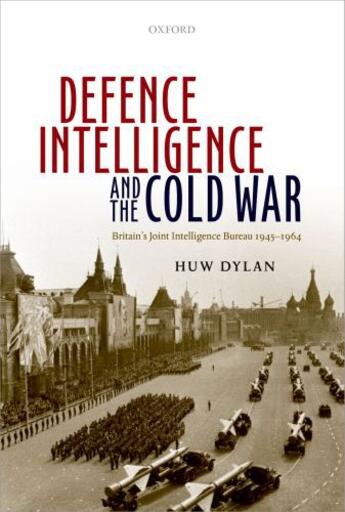-
Nombre de pages : (-)
-
Collection :
(-)
-
Genre :
(-)
-
Thème :
Non attribué
-
Prix littéraire(s) :
(-)
Résumé:
During the Second World War British intelligence provided politicians and soldiers with invaluable knowledge. Britain was determined to maintain this advantage following victory, but the wartime machinery was uneconomical, unwieldy, and unsuitable for peace. Drawing on oral testimony,... Voir plus
During the Second World War British intelligence provided politicians and soldiers with invaluable knowledge. Britain was determined to maintain this advantage following victory, but the wartime machinery was uneconomical, unwieldy, and unsuitable for peace. Drawing on oral testimony, international archives, and private papers, Defence Intelligence and the Cold War provides the first history of the hitherto little-known organisation designed to preserve and advance British capability in military and military-related intelligence for the Cold War: the Joint Intelligence Bureau (JIB).
Headed by General Eisenhower's wartime intelligence man, Major General Kenneth Strong, the JIB was central to the mission to spy on and understand the Soviet Union, and the broader Communist world. It did so from its creation in 1946 to its end in 1964, when it formed a central component of the new Defence Intelligence Staff. This volume reveals hitherto hidden aspects of Britain's mission to map the Soviet Union for nuclear war, the struggle to understand and contain the economies of the USSR, China, and North Korea in peace and during the Korean War, and the urgent challenge to understand the nature and scale of the Soviet bomber and missile threat in the 1950s and 1960s. The JIB's dedicated work in these fields won it the support of some politicians and military men, but the enmity of others who saw the centralised organisation as a threat to traditional military intelligence. The intelligence officers of the JIB waged Cold War not only with Communist adversaries but also in Whitehall.
Donner votre avis














